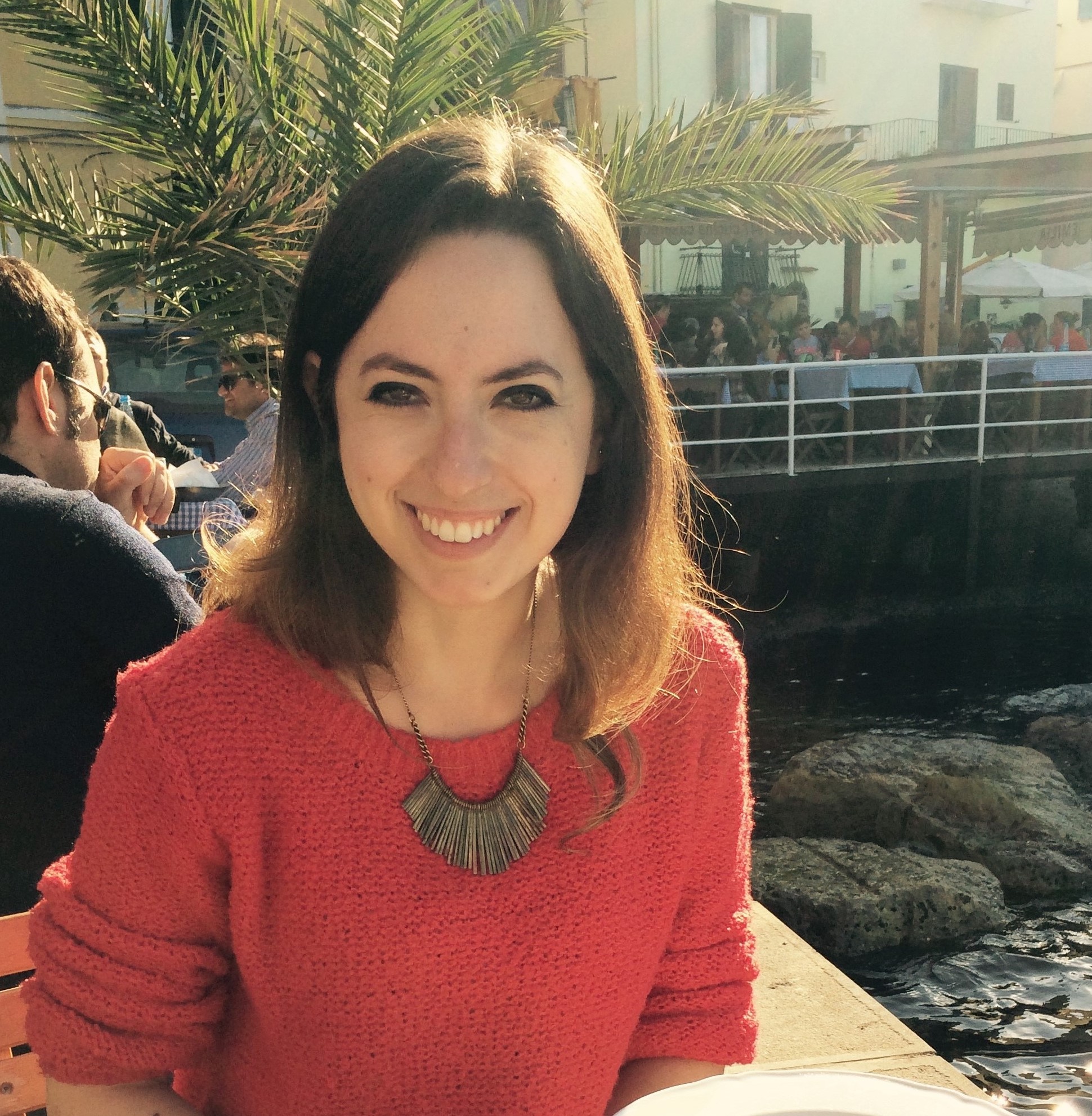How this online tool could bring education to millions of African children
15 million girls never learn to read or write, but this brand new initiative is aiming to change that
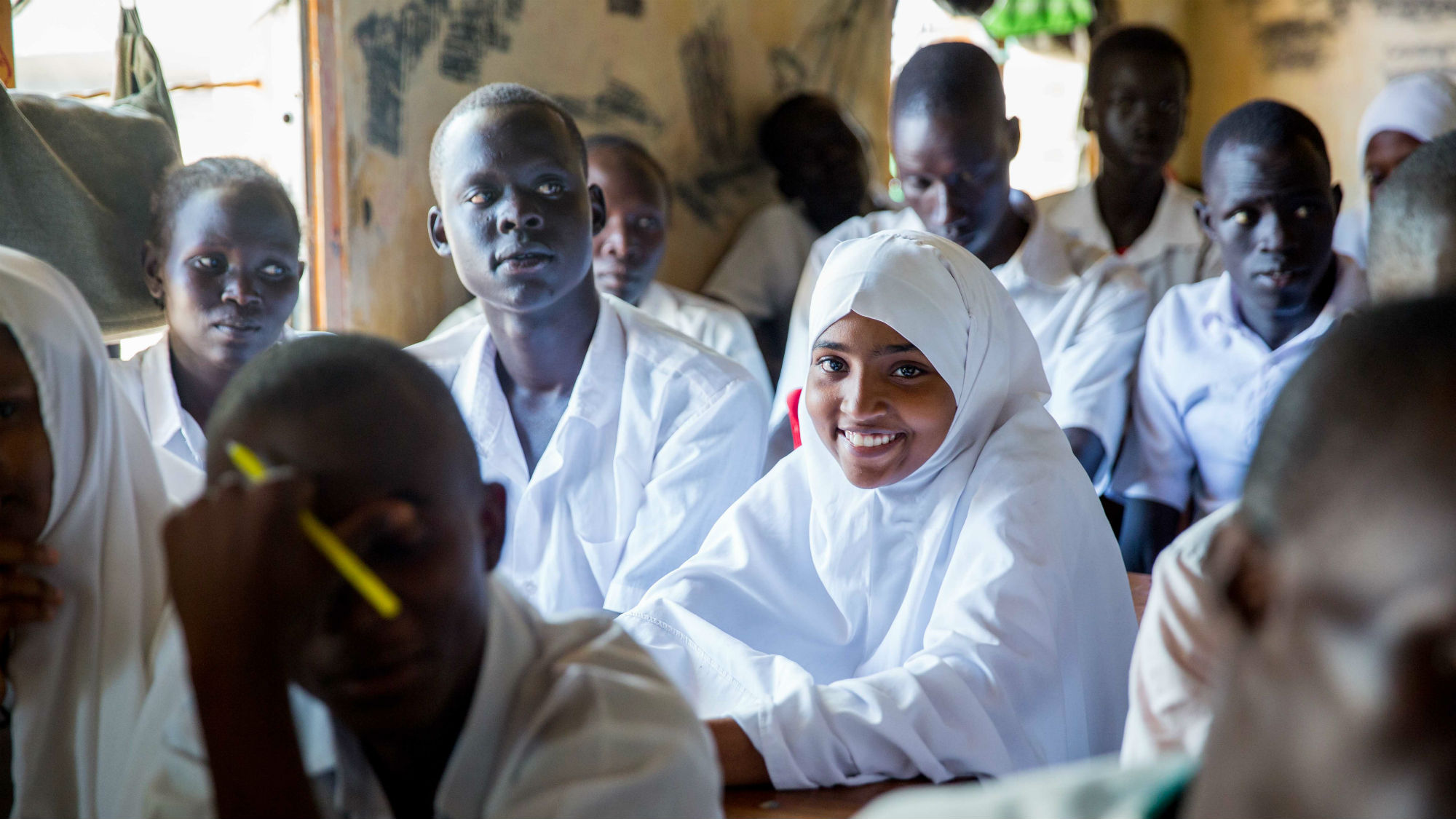
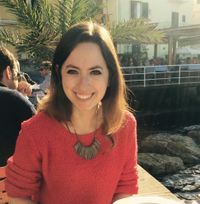
15 million girls never learn to read or write, but this brand new initiative is aiming to change that
Education is something a lot of us take for granted. But according to UNESCO UIS, 15 million girls around the world will never get the chance to learn how to read or write in primary school, compared to 10 million boys. Staggering, nine million of these girls live in sub-Saharan Africa, which has the lowest rate of primary school enrolment globally.
Illiteracy is bad news, particularly if you're a woman. High illiteracy rates are correlated to higher crime rates in society, lower wages, increased incarceration rates, and poor mental and physical health.
Imagine being prescribed contraceptives from your doctor, but being unable to read the instructions on how to take them. In sub-Saharan Africa, the mortality rate in under-fives is nearly twice as high for mothers with no education, as for those who have completed secondary school.
But could the Internet help tackle this problem? The Vodafone Foundation is today launching Instant Schools For Africa, which will provide free educational access to over five million marginalised children. The initiative will provide free online education materials for children and teachers in Ghana, Lesotho, Mozembique, Tanzania and the DRC.
The transformative effects of education have already been felt across sub-Saharan Africa, through Vodafones' work with the United Nations High Commissioner for Refugees, bringing education and resources to children in refugee camps. Here are some of their stories:
Jediva, 16
Celebrity news, beauty, fashion advice, and fascinating features, delivered straight to your inbox!
At 14, Jediva was raped and kidnapped from Uganda where she was living with her mother and taken by her captor to Kenya as his '19 year-old Sudanese wife’. Too terrified to eat or speak, Jediva lived as a slave for her captor and his sister, under the daily threat of being killed if she told anyone who she really was. When Jediva sold her food rations to buy books to learn, her captor beat her, saying he would let her ‘die here as a dog’. Jediva managed to get out of the house and found a girl who helped her to the police station. A dental investigation revealed she was still only 15 - not the 19 year-old wife that her captor insisted she was. Jediva was taken to a safe haven and now attends a refugee school in Kakuma, where she used tablets, Google and the Internet for the first time. The first thing she did was look up a YouTube video of an active volcano, which she described as 'amazing'. In her words: 'If girls had access to education, everybody would respect them, even men.'
Fugia, 15
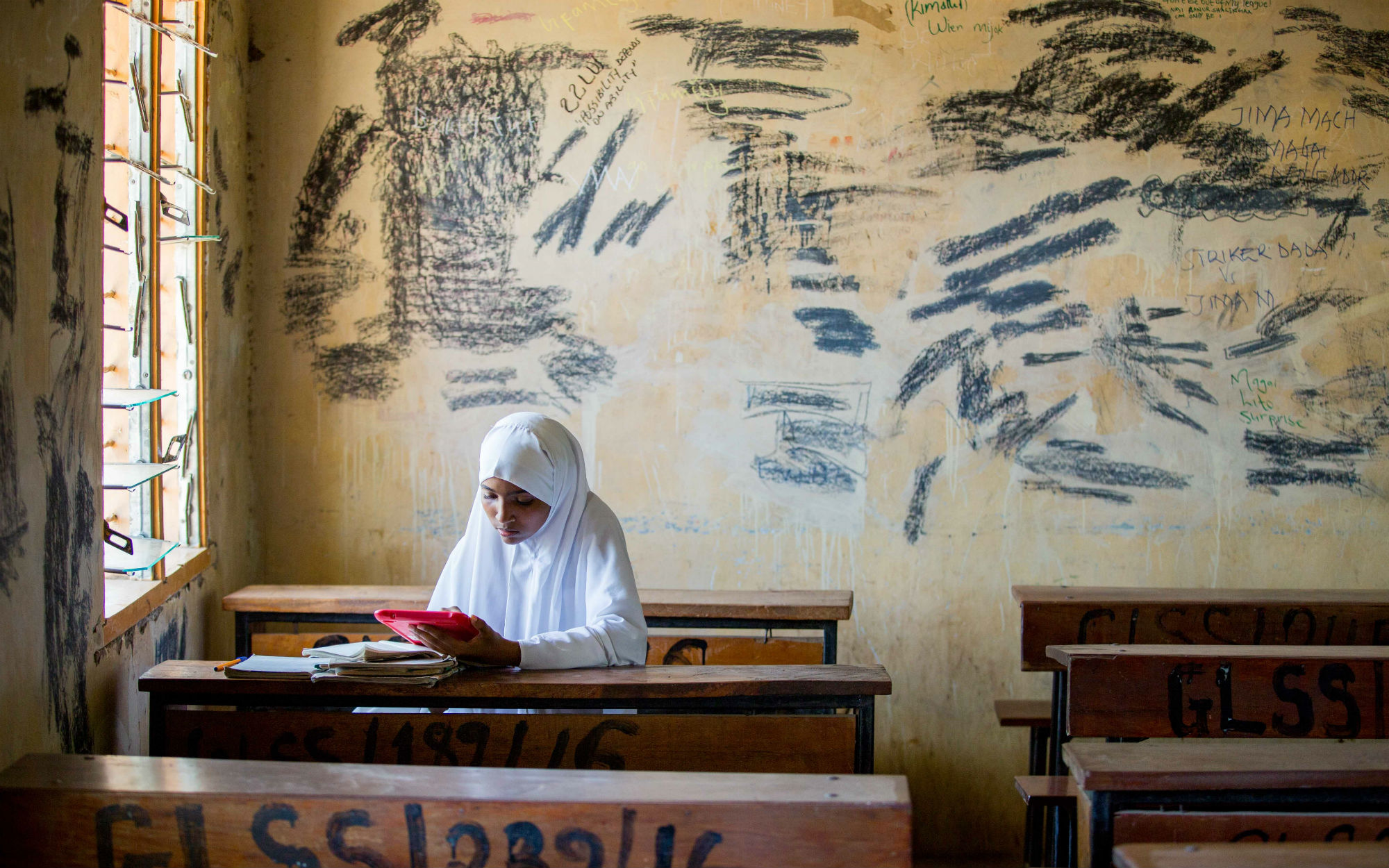
Fugia lives in the Kakuma refugee camp in north-west Kenya. She says the community in the camp are not supportive of girls pursuing an education saying that they do not have a right to it, with some people even calling girls who go to school ‘prostitutes’. Fugia’s mum was worried about what others were saying and suggested she drop out of school. Yet when Fugia explained that one day she may become a doctor, to help people with heart conditions like herself, her mother was convinced. Fugia states: 'Not everyone has the chance to go to school. It's rare, especially here in the camp. But it’s a right. It’s like oxygen for us. I want to become a doctor to help people like me, and inspire others to say 'I'll be like her"'.
Sasha, 17
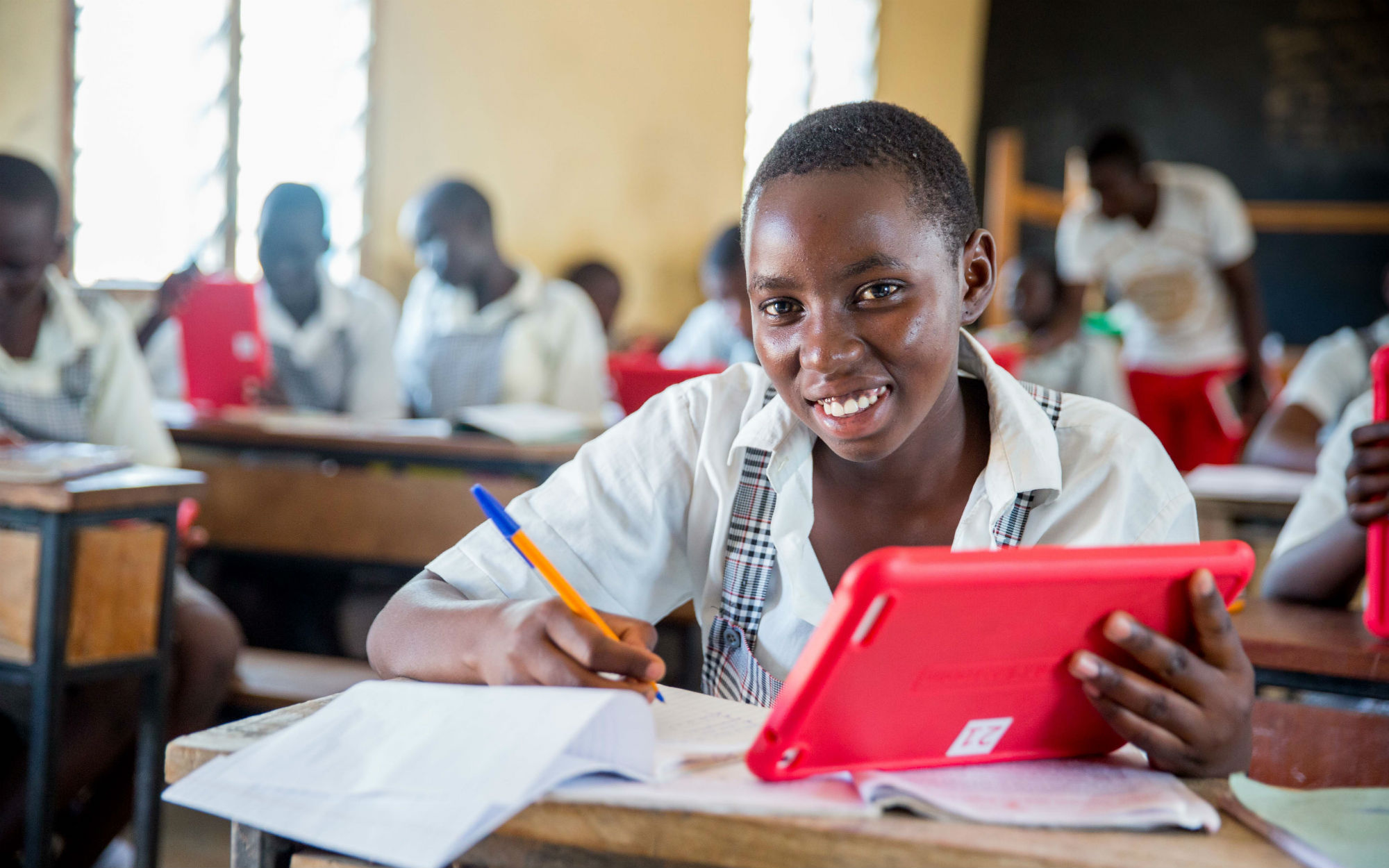
At the age of 14, Sasha’s mother left the Kakuma refugee camp to move back to Burundi. Her mother had accepted a dowry for her daughter’s marriage to a man Sasha did not know, which terrified her. Her mother said she needed the money to educate her brothers. Sasha made the decision to run away. After six months on the road, Sasha finally made it back to Kakuma. In 2016, she resumed her education and says that the tablets have really helped improve her grades: 'This school has saved my life. When I am here, I am just learning. And because of that I am building my future.'
